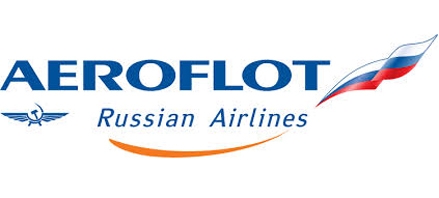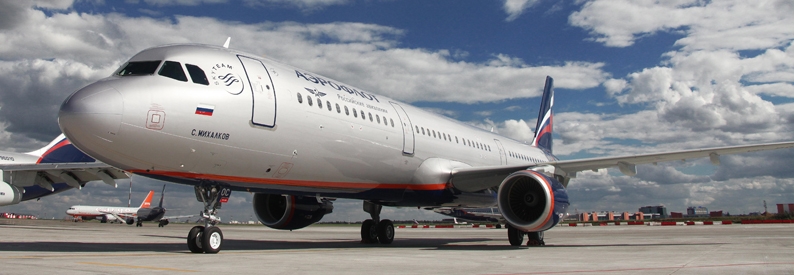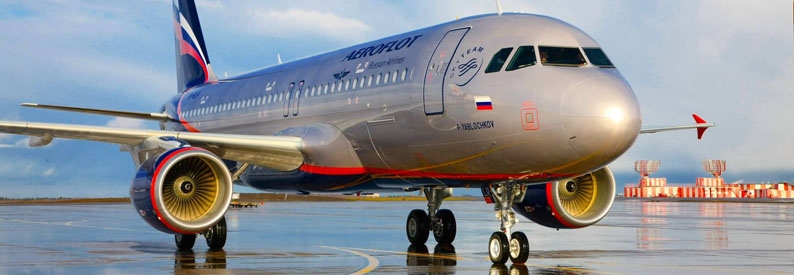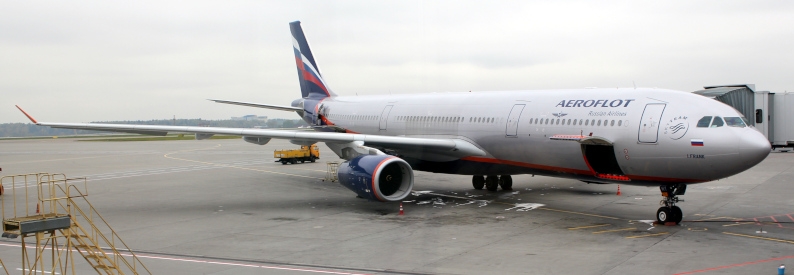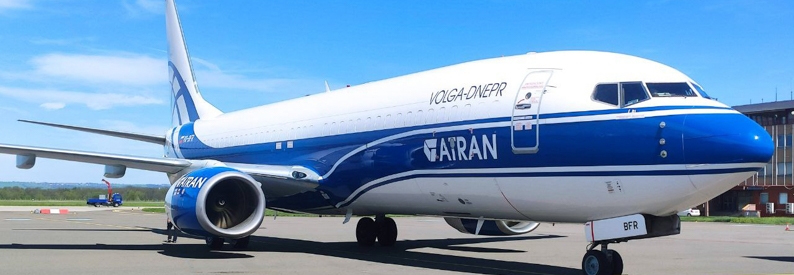Assailed by international sanctions since the Kremlin-instigated invasion of Ukraine almost a year ago, Russia’s airlines are lobbying the authorities for their fleets of Airbus and Boeing aircraft to be serviced less frequently, the daily Izvestia reported on February 13.
Carriers have sent proposals to Russia’s civil aviation regulator (Rosaviatsiya) and transport supervisory authority (Rostransnadzor) asking them to extend the service intervals for Western-made aircraft, Marat Tereshchenko, advisor to the technical director of Aeroflot (SU, Moscow Sheremetyevo), revealed during the recent National Aviation Infrastructure Show (NAIS) 2023 in Moscow.
However, such changes would only be applied, he added, if there is solid evidence that this will not affect flight safety. Accordingly, Aeroflot and other carriers have appealed to the two authorities to introduce a procedure for “exceptional extensions” of maintenance intervals for Western aircraft.
“We need to introduce two procedures,” he explained. “The first is a process of exemption, or exclusion, for operators from the requirements of standard documentation when their full implementation in a given format is impossible. This is, for example, a procedure for exceptional service interval extensions. The second is an order for alternative methods for determining compliance with the requirements of airworthiness directives.”
Tereshchenko stressed that this concerns one-off deviations from the requirements of maintenance periods, not regular practice. Reasons and evidence must be provided pledging the delayed maintenance would not affect flight safety, he added.
Western sanctions continue to block the provision of maintenance and repair documentation, assistance, and spare parts to Russian airlines from manufacturers, and Tereshchenko admitted that this is causing “problems”. But according to him, even the documentation of foreign manufacturers says that the operator has the right to manage maintenance intervals.
A source at one of the airlines Izvestia contacted said that discussions on this topic had been held together with Russia’s Association of Air Transport Operators. Extending maintenance intervals for individual components is important, he said, as this will clearly make more aircraft available for commercial flights.
According to Tereshchenko, sanctions have significantly prolonged repair periods for aircraft components. For example, earlier it was possible to repair the fuel control unit for A320 engines in 20 days; now it takes 120 days. Greater MRO capacity is also needed for such tasks. In 2023 and 2024, Russian airlines will have to repair 349 fuel control units for A320 engines, an Aeroflot presentation shows.
- Type
- Base
- Aircraft
- Destinations
- Routes
- Daily Flights
